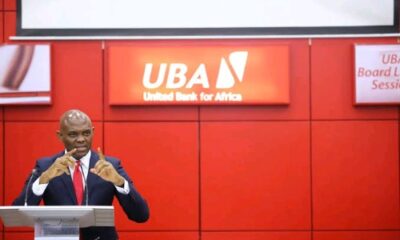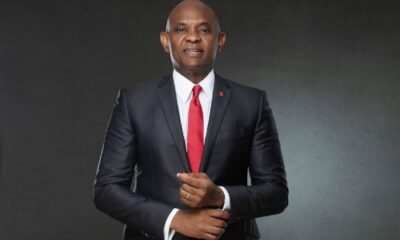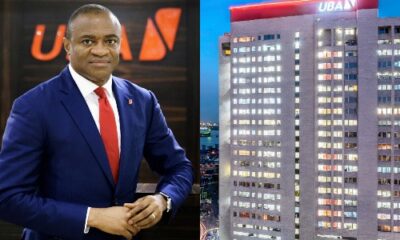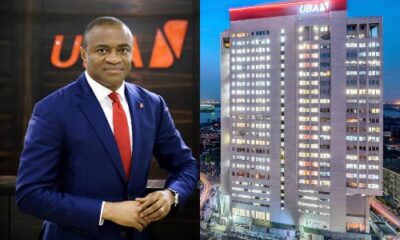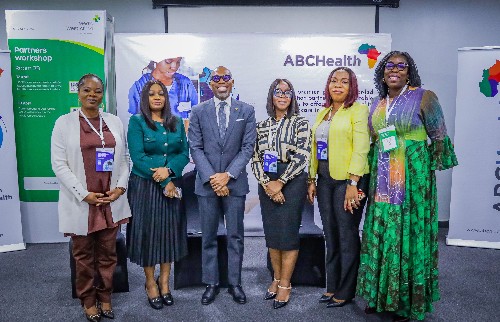- IPMAN begs NMDPRA, NNPC not to delist operators from sales portal to avert fuel crisis.
- Queues persist as more filling stations open for sale, pump price drops marginally.
Over 9,000 oil marketers are on the verge of losing their operating licences as Nigerians battle fuel scarcity.
As a result, the Independent Petroleum Marketers Association of Nigeria is urging the Nigerian National Petroleum Company Limited to extend its final deadline for licensing renewal to July.
It also appealed to the Nigerian Midstream and Downstream Regulatory Authority to release 9,000 already processed licences to its members.
The association made the request known in a release signed by the National Public Relations Officer, Chief Chinedu Ukadike, on Thursday in Abuja.
Recall that IPMAN in a statement on Sunday lamented the slow pace of marketers’ licence renewal by the NMDPRA.
The NNPCL had placed a deadline of April 15, 2024, for marketers to renew their licences or risk closure to access their customer express portals for the purchase of petroleum products from NNPC Retail Limited.
But IPMAN requested an extension, saying the extension would enable marketers to reconcile their licenses and reduce panic buying by members of the public aggravating the present scarcity of petroleum products.
The statement read, “The Independent Petroleum Marketers Association of Nigeria are abreast with current developments in the downstream sector of our petroleum industry and wish to state that the latest information reaching us from the Nigerian Midstream and Downstream Petroleum Regulatory Authority states that they have already processed more than 9,000 out of the 15,000 licenses they are expected to process for our members within this period.
“Marketers are fast-tracking the processing of their licenses to avoid the impending closure of their customer express portals for purchase of petroleum products from NNPC Retail Limited.
“We, therefore, use this opportunity to appeal to the management of the NMDPRA and NNPC Retail Limited to respectively release the processed licenses and extend the deadline for delisting of marketers from their express portals. If our request is granted, it will ease the tension of panic buying by members of the public in order not to aggravate the present scarcity of petroleum products.”
Giving further clarity in a telephone interview, Ukadike said, “The release is to appeal to the NNPCL and NMPDRA to please extend the final deadline to July so that it would enable them to reconcile the licences so that they will not be unduly shut out off the portal and that is IPMAN appeal.”
Recall that IPMAN had on Tuesday declared that it would shut down the 30,000 stations operated by IPMAN members across the country if the Federal Government failed to pay the N200bn that was being owed marketers.
IPMAN specifically said the NMDPRA had refused to clear the debt, which had continued to accrue since September 2022.
It disclosed this in a communique issued in Abuja by the Chairman of IPMAN Depot Chairmen Forum, Yahaya Alhassan, over the non-payment of marketers’ bridging claims.
In their quest to buy the currently scarce Premium Motor Spirit, commercial drivers in Abeokuta, the capital of Ogun State have started keeping vigil at fuel stations.
The Federal Government on Wednesday said it had begun a 15-day emergency fuel supply to ensure the commodity circulates across the length and breadth of the country to immediately cushion the scarcity.
The government also disclosed that vessels importing Premium Motor Spirit would continue to berth at the shore to discharge petrol to different depots, from where the product would be distributed to different filling stations.
But despite these promises, the product is yet to be available to residents as commercial drivers now keep vigil at filling stations in Abeokuta, Lagos, Oyo and others.
Commercial drivers have raised transport fares as the majority of them now patronise black marketers who sell a litre of petrol at N1,200 per litre or more.
A commercial driver, Adio Adegoke, at Slaab filling station in Abeokuta, said that he had slept in his taxi in an attempt to buy fuel.
“I had to park my car here since 7:30 pm yesterday when my tank went empty. I slept at Divine Pax Oil and Gas filling station,” he said.
Also, a mechanic, Lekan Ade, corroborated the claims of the taxi driver stating, “I just bought it there this afternoon for one of my customers, they are still selling it as we speak at the rate of N950 per litre.”
It was gathered that a fuel station, aside from being written on their metre, an attendant was also seen warning motorists to go if they could not buy the product at that rate.
Another driver, Adeoluwa Onasanya, told one of our correspondents that many slept at the filling station before they could get the product.
It was observed that the persistent fuel scarcity seems to be a huge source of income for black marketers, as young boys and girls were sighted by the roadside in Lekki, Ajah and other parts of Lagos advertising fuel in jerry cans.
It was also observed that along the Egbeda-Idimu-Ikotun axis of Lagos, the black marketers sold five litres of the product for N6,000.
A young man who gave his name as Mr John said, “How many litres do you want? We sell 5 litres here for N6,000. At the fuel station, they sell a litre for N1,200, we have to bribe the fuel station to be able to get the product, I can give you any amount of litre that you want,” he boasted.
Long queue of vehicles were observed at the NNPC filling station along the Cele Expressway which was selling at N568/litre, while the AP filling station at Barracks Bustop was selling fuel at N700/litre with a long queue of motorists scrambling to buy fuel.
As the queues refuse to ease off at the filling stations despite the promises from the government, Nigerians are worried that the fuel crisis might degenerate into loss of sources of income.
Credit: The Punch

 BIG STORY1 day ago
BIG STORY1 day ago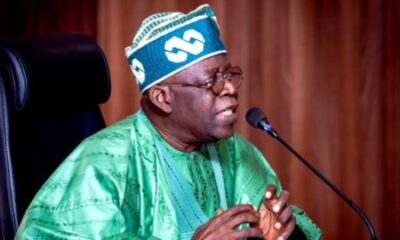
 BIG STORY5 days ago
BIG STORY5 days ago
 BIG STORY5 days ago
BIG STORY5 days ago
 BIG STORY4 days ago
BIG STORY4 days ago
 BIG STORY5 days ago
BIG STORY5 days ago
 BIG STORY5 days ago
BIG STORY5 days ago
 BIG STORY4 days ago
BIG STORY4 days ago
 BIG STORY4 days ago
BIG STORY4 days ago







